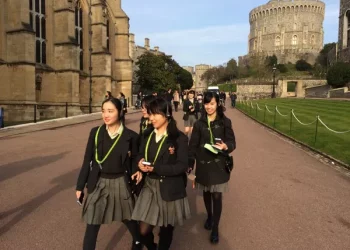Foreigners are generally allowed to buy property in Korea, subject to certain restrictions and regulations. Here’s what you need to know:
- Restrictions on property ownership: Foreigners are allowed to own property in Korea, but there are restrictions on the types of properties they can own. For example, foreigners cannot own land designated as agricultural or forestry land, and they are subject to additional restrictions on properties located in certain areas, such as near military bases or other sensitive locations.
- Eligibility for property ownership: Foreigners who wish to buy property in Korea must meet certain eligibility requirements. Generally, foreigners must have a valid visa or residence permit in Korea, as well as a registered seal (known as a “hanko”) and a local bank account.
- Procedures for property ownership: The process for buying property in Korea is similar to that for Korean citizens. Foreigners must obtain a certificate of registration for their property, which can be obtained from the district office where the property is located. They will also need to pay a property registration tax and other fees associated with the purchase.
- Financing options: Foreigners may have difficulty obtaining financing for a property purchase in Korea, as local banks may be hesitant to lend to non-Korean residents. However, there are some financial institutions that specialize in providing loans to foreigners.
- Taxation and other considerations: Foreigners who own property in Korea may be subject to various taxes and fees, such as property tax and income tax. It is important to understand the tax implications of property ownership before making a purchase.
In conclusion, while there are restrictions and regulations on property ownership by foreigners in Korea, it is generally possible for non-Korean residents to buy property in the country. It is important to carefully research the requirements and procedures for property ownership, as well as the tax and financing considerations, before making a purchase.




















